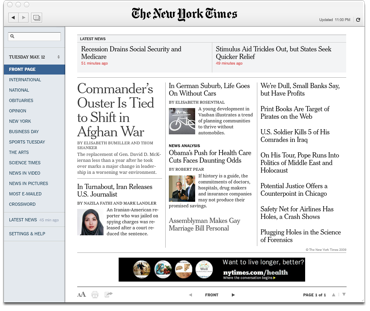One of the great things about ebooks is how easy it is to read a sample of a book. It’s become a matter of course to download a sample of any book that sounds interesting, without thinking about it, just to have it to hand when I’m looking for reading material. When the sample bit is interesting enough that I want to keep reading, I buy the book.
Of course, authors are now aware of this behavior. When books were mostly sold in physical bookstores, there certainly was incentive to make the first pages (or page 99) interesting to a browser. Now, however, there’s a very clear part of the book – the freely downloadable sample – in which the author can go into full-on sell mode. That can be a completely different thing from appealing to someone who’ll flip through a book and end up at a random spot.
What made me notice this was (the sample of) Barb Stuckey’s Taste What You’re Missing. The main vibe of the first part of the book was “Buy me! Buy me!”:
- “Taste What You’re Missing will help you better understand what you’re tasting by breaking food down to its component parts, such as the five Basic Tastes, and explaining how flavor differs from taste.” (page 9)
- “Taste What You’re Missing will help you enhance your perception of flavors.” (page 10)
- “Taste What You’re Missing will give you insider knowledge of how food marketers, restauranteurs–even farmers–leverage your insinctual reactions so you can make more informed food choices.” (page 12)
- “To help with this, Taste What You’re Missing includes easy interactive exercises to illustrate the sensory concepts in the book.” (page 12, again)
This constant selling reminded me of many overly SEO’ed pages I’ve come across in my work, typically pushing one form of snake oil or another. While the book seemed interesting, it didn’t seem interesting enough to be worth putting up with the hard sell.

